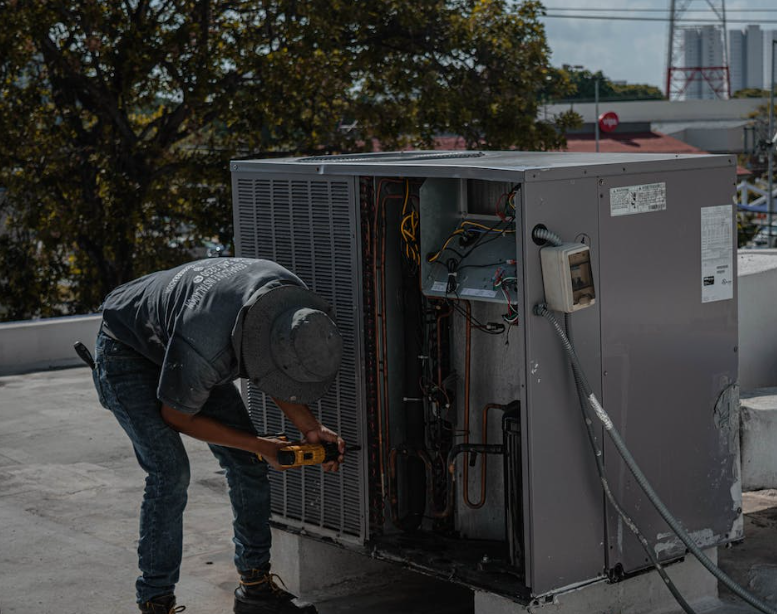How Long Does It Take to Become an HVAC Technician?

Becoming an HVAC technician can be a rewarding career choice for those who enjoy working with their hands and have an interest in heating, ventilation, and air conditioning systems. If you're considering a career in this field, you may be wondering how long it takes to become a certified HVAC technician. In this blog post, we'll explore the training requirements and the time it typically takes to complete the necessary education and certification.
HVAC Technician training requirements
To become a certified HVAC technician, you will need to meet certain training requirements. These requirements can vary depending on your location and the specific certifications you wish to obtain. Some common training requirements include:
- Completion of an accredited HVAC training program: This can be a diploma/certificate program or an associate degree program.
- On-the-job training: Many HVAC technicians gain practical experience through apprenticeships or entry-level positions. This hands-on training allows them to apply their knowledge and develop their skills under the guidance of experienced professionals.
- Obtaining certifications: While not always required, certifications can enhance your job prospects and demonstrate your expertise in specific areas of HVAC. Some common certifications include EPA 608 certification for handling refrigerants and industry certifications from organizations such as NATE (North American Technician Excellence) or HVAC Excellence.
How to get a job after classes?
After completing your HVAC training and obtaining the necessary certifications, you'll be ready to start your career as an HVAC technician. Here are some steps you can take to increase your chances of finding a job:
- Build a strong resume: Highlight your relevant skills, training, and certifications on your resume. Include any hands-on experience you gained during your training program or apprenticeship.
- Network: Connect with professionals in the HVAC industry through industry events, trade shows, or online platforms. Networking can help you learn about job opportunities and make valuable connections.
- Apply for jobs: Look for job openings at HVAC companies, contractors, or maintenance departments. You can also consider reaching out to local HVAC businesses directly to inquire about potential employment opportunities.
- Prepare for interviews: Practice common interview questions and be prepared to demonstrate your knowledge and skills during the interview process. Show enthusiasm for the HVAC industry and highlight your willingness to learn and grow in the field.
Final Thoughts
Becoming an HVAC technician can be a fulfilling career choice with opportunities for growth and job stability. While the time it takes to become certified can vary, completing a training program and obtaining the necessary certifications are important steps towards entering the field. By investing in your education and gaining practical experience, you can position yourself for success in the HVAC industry.
Dreambound has written many guides to help you understand what it takes to get this certification. If you're curious about the process or requirements in different states, check out our other guides below:
- How to Become an HVAC Technician in Alaska
- How to Become an HVAC Technician in Kentucky
- How to Become an HVAC Technician in New Hampshire
- How to Become an HVAC Technician in Pennsylvania
- How to Become an HVAC Technician in Utah
Considering a change in your career? We've gathered some perspectives to help you in your journey. You can explore several of these:

Blessed Joy Amarga is part of the Growth and Sales teams at Dreambound. She helps bring in new leads, increasing the number of people at the top of the sales funnel, and supporting the team in creating graphics to boost social media engagement. Blessed is also a Licensed Architect. Outside work, she enjoys traveling and exploring new places for her vlog.



